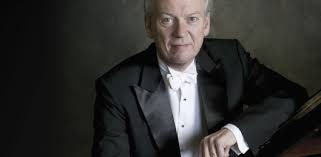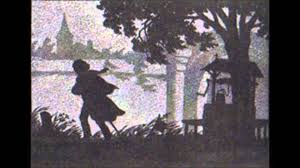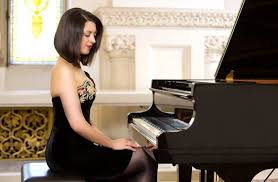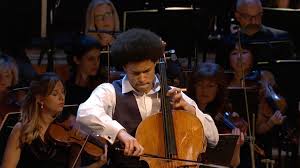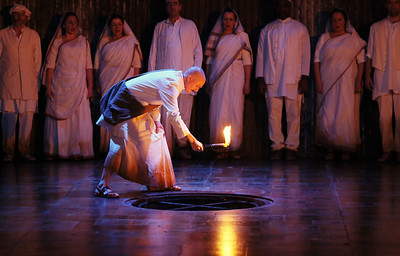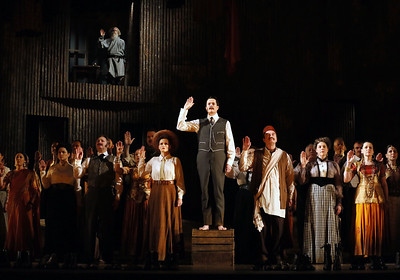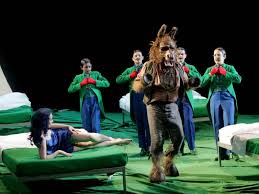English National Opera (ENO) is delighted to announce the casts for Acis and Galatea and Paul Bunyan, 2018’s two ENO Studio Live productions. ENO Studio Live forms part of ENO Outside which takes ENO’s work to arts-engaged audiences that may not have considered opera before, presenting the immense power of opera in more intimate studio and theatre environments.
Acis and Galatea will take place at ENO’s historic rehearsal studios, Lilian Baylis House. Paul Bunyan will be ENO’s first collaboration with Wilton’s Music Hall. Both pieces are being performed by ENO for the very first time and celebrate the integral roles that Handel and Britten have played in the company’s history.
We are also thrilled to share that exceptional young singers Rowan Pierce, Alex Otterburn and William Morgan will become ENO Harewood Artists with immediate effect. The ENO Harewood Artist programme was established in 1998 as a means of providing a full-time training and performance scheme for exceptionally talented singers at the beginning of their careers. They will join current ENO Harewood Artists Andri Björn Róbertsson, Katie Coventry, Eleanor Dennis, Matthew Durkan, David Ireland, Rhian Lois, Elgan Llyr Thomas, Soraya Mafi, Samantha Price, Božidar Smiljani?, Katie Stevenson and David Webb.
Acis and Galatea (six performances, 9-16 June 2018, Lilian Baylis House)
George Frideric Handel
John Gay
Directed by Sarah Tipple, designed by Justin Nardella and conducted by Nicholas Ansdell Evans, Acis and Galatea features four exciting young British singers. Tenor Alexander Sprague and soprano Lucy Hall sing the title roles. ENO Harewood Artist Matthew Durkan sings the role of Polyphemus and Bradley Smithmakes his ENO debut as Damon.
Acis – Alexander Sprague
Galatea – Lucy Hall
Polyphemus – Matthew Durkan
Damon – Bradley Smith
Paul Bunyan (six performances, 3-8 September, Wilton’s Music Hall)
Benjamin Britten
W. H. Auden
Directed by Jamie Manton, designed by Camilla Clarke and conducted by Matthew Kofi Waldren, Paul Bunyan will be a celebration of ENO’s exceptional emerging and in-house talent. Roles will be sung by ENO Harewood Artists (Elgan Llyr Thomas, Rowan Pierce, William Morgan) and members of ENO’s award-winning Chorus.
Johnny Inkslinger – Elgan Llyr Thomas
Tiny – Rowan Pierce
Hot Biscuit Slim – William Morgan
Fido – Claire Pendleton
Moppett – Ella Kirkpatrick
Poppett – Lydia Marchione
Sam Sharkey – Graeme Lauren
Ben Benny – Trevor Bowes
Andy Anderson / Cronie – Adam Sullivan
Pete Peterson / Cronie – Geraint Hylton
Jen Jenson / Cronie – Paul Sheehan
Cross Crosshaulson / Cronie – Andrew Tinkler
John Shears – Robert Winslade Anderson
Western Union Boy – David Newman
Quartet of the Defeated – Michael Burke, Morag Boyle, David Newman, Paul Sheehan
Solo Lumberjacks – Paul Sheehan, Ronald Nairne and Pablo Strong
Wild Geese – Claire Mitcher, Rebecca Stockland, Susanna Tudor-Thomas
Young Trees – Joanne Appleby, Amy Sedgwick, Pablo Strong

